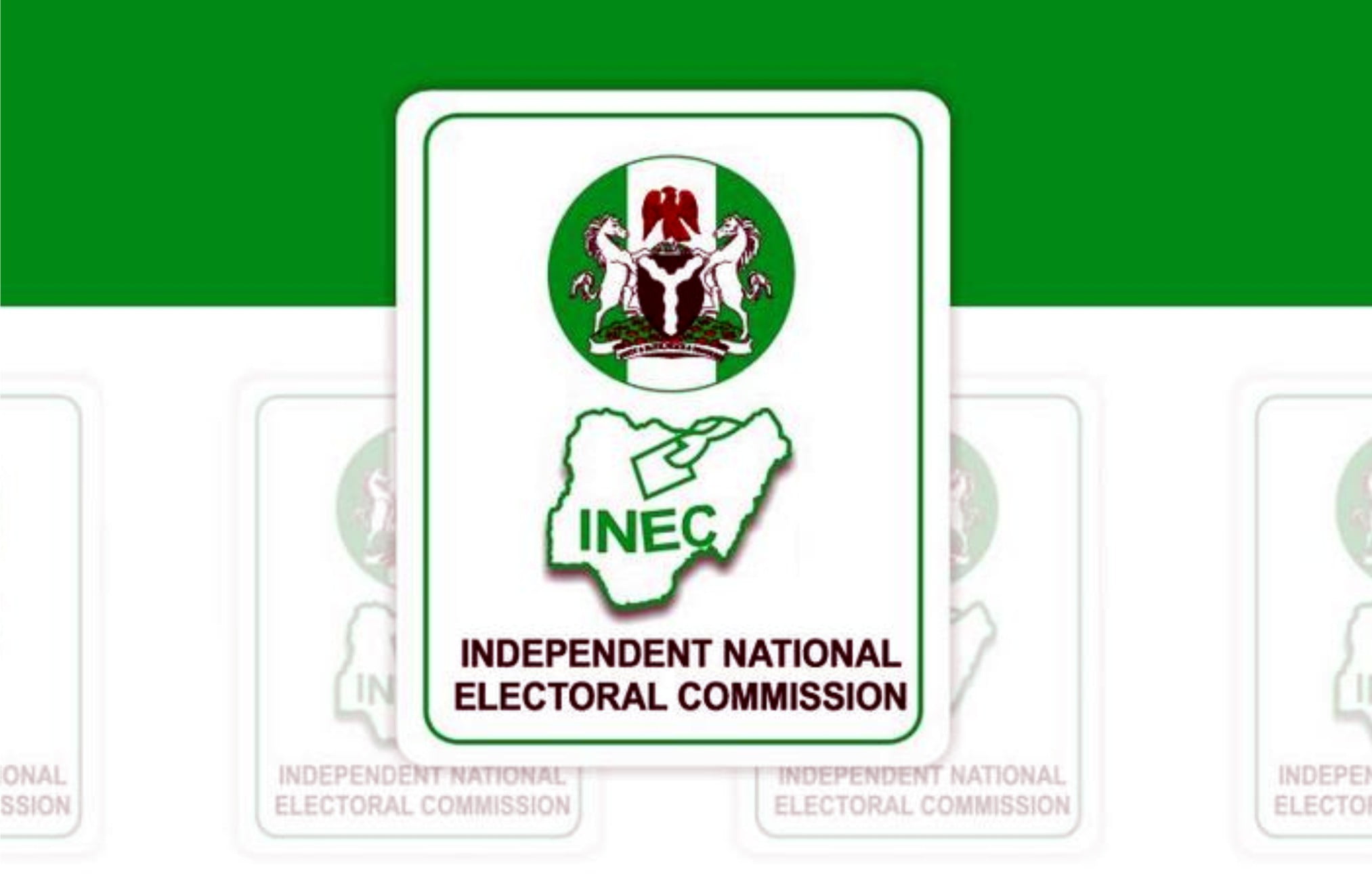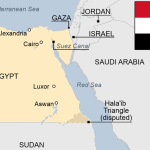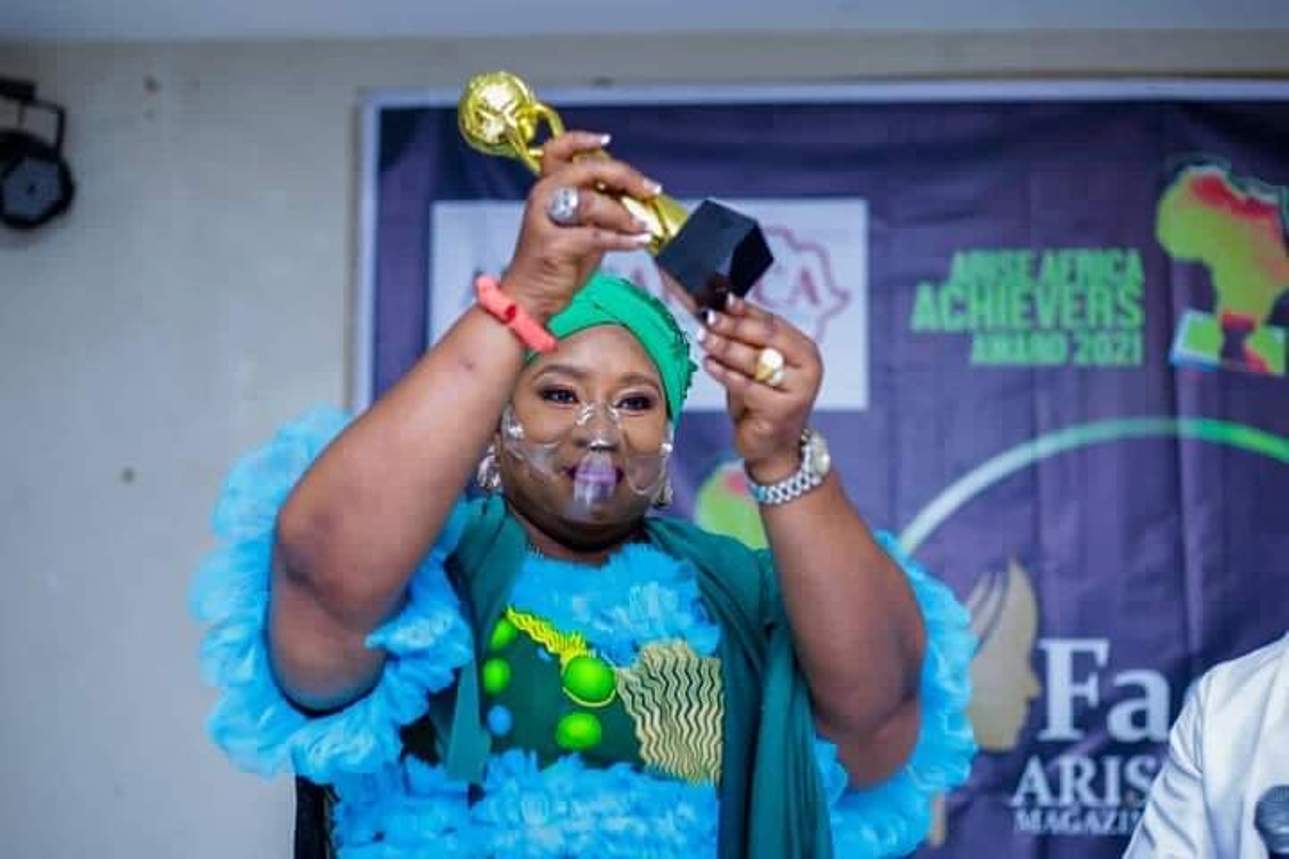The European Union (EU) has said the November 11 Bayelsa, Imo and Kogi State governorship polls must be conducted in a way that instils public confidence in Nigeria’s electoral process.
It said there were some positives in the just concluded general elections but added there were also issues that needed to be addressed.
EU Programme Manager for Democracy and Rule of Law, Laolu Olawumi, disclosed this at the end of a two-day retreat for the EU-SDGN cohort in Lagos, yesterday.
The EU, through its Support to Democratic Governance in Nigeria (EU-SDGN), backs institutions of government and supports, in particular, the Nigerian electoral process. It provides funding and technical support to targeted beneficiaries.
Six EU-SDGN component areas include: Support to INEC; Support to the National Assembly and the Judiciary; Support to Political Parties; Support to Media; Support to Women, Youth and Persons with Disabilities and Support to Civil Society Organisations (CSOs).
Olawumi, observed that the retreat assessed interventions of the cohort in the last 12 months, with a view to understand what worked and what didn’t work, identify challenges encountered, and chart better ways to address them.
While stating that it is important to introspect on the just concluded elections, she urged the EU-SDGN cohort not to lose sight of states, like Kogi, Bayelsa and Imo, which will be having elections in just over 100 days.
She restated EU’s commitment towards engendering and strengthening democratic governance in the country.
She said: “Over the last 12 months, we have had an intense work plan where different members of the EU-SDGN cohort have been delivering several activities and technical support to critical stakeholders that we have jointly identified.
“The retreat, therefore, sought to see whether the interventions we planned for the next couple of months would help us address the challenges we have seen in the period leading to the elections, and the immediate aftermath of the election.”
She explained that the retreat created opportunity for all partners to discuss their intervention areas, the precise actions they undertook during the elections, and what the cohort considers critical issues that need to be addressed.
Members of the EU-SDGN cohort include: DAI Global, Policy and Legal Advocacy Centre (PLAC), Yiaga Africa, Kukah Centre, International Press Centre (IPC), Institute for Media and Society (IMS), Nigerian Women Trust Fund (NWTF), ElectHER, TAF Africa, National Peace Committee, SOS Children, Civil Society Legislative Advocacy Centre (CISLAC), Corporate Accountability and Public Participation Africa (CAPPA), Justice, Development and Peace Commission (JDPC), Justice Development and Peace Initiative, and Justice, Development and Peace Movement.







2 Comments